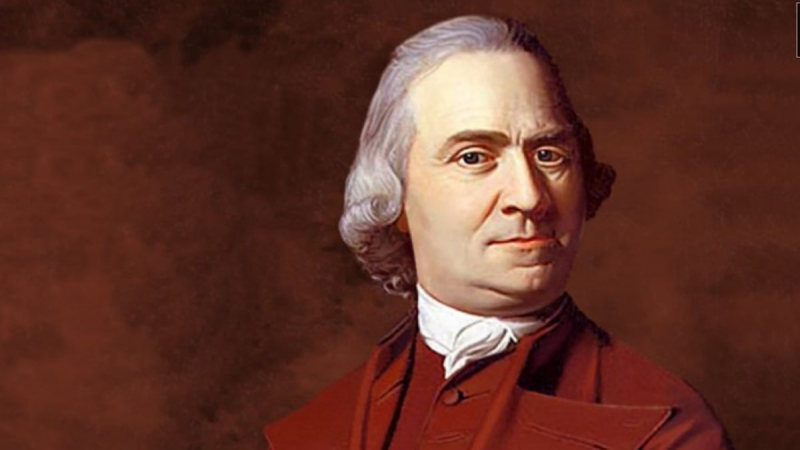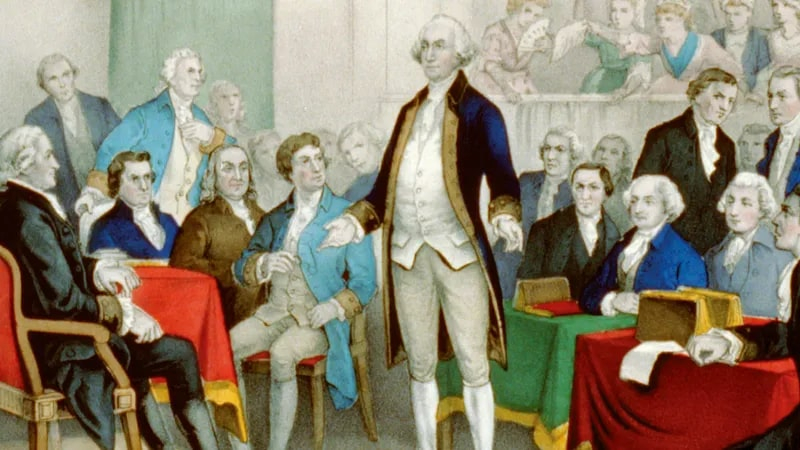Samuel Adams Was A Key Person In The Early Stage
The second interesting fact about the American Revolution is that Samuel Adams was a significant person in the early period of the event. Samuel Adams was born in Boston and was elected to the Massachusetts legislature in 1764. The next year, the British Parliament approved the Stamp Act, which for the first time imposed direct taxes on the colonies. Samuel Adams was one of the first to protest taxation without representation, and he opposed the Act. Furthermore, through his writings, he exhorted fellow Bostonians to oppose what he saw as the British Parliament's illegitimate acts. The Tea Act, passed by Parliament on May 10, 1773, authorized the East India Company to trade tea in American colonies without paying taxes. By that time, Adams had gained command of the Massachusetts radicals, and it was he, more than anyone else, who orchestrated the 1773 Boston Tea Party.
Bostonians dropped 342 chests of tea worth £10,000 into Boston Harbor, which was a major action leading up to the Revolutionary War. In the early stages of the American Revolution, Samuel Adams was a key figure. He was an expert at organizing protests and disseminating the revolution's cause through his writings. Adams served as Governor of Massachusetts from 1794 to 1797 when the United States gained independence. When he died on October 2, 1803, the Independent Chronicle, a Republican newspaper in Boston, hailed him as the "Father of the American Revolution."












